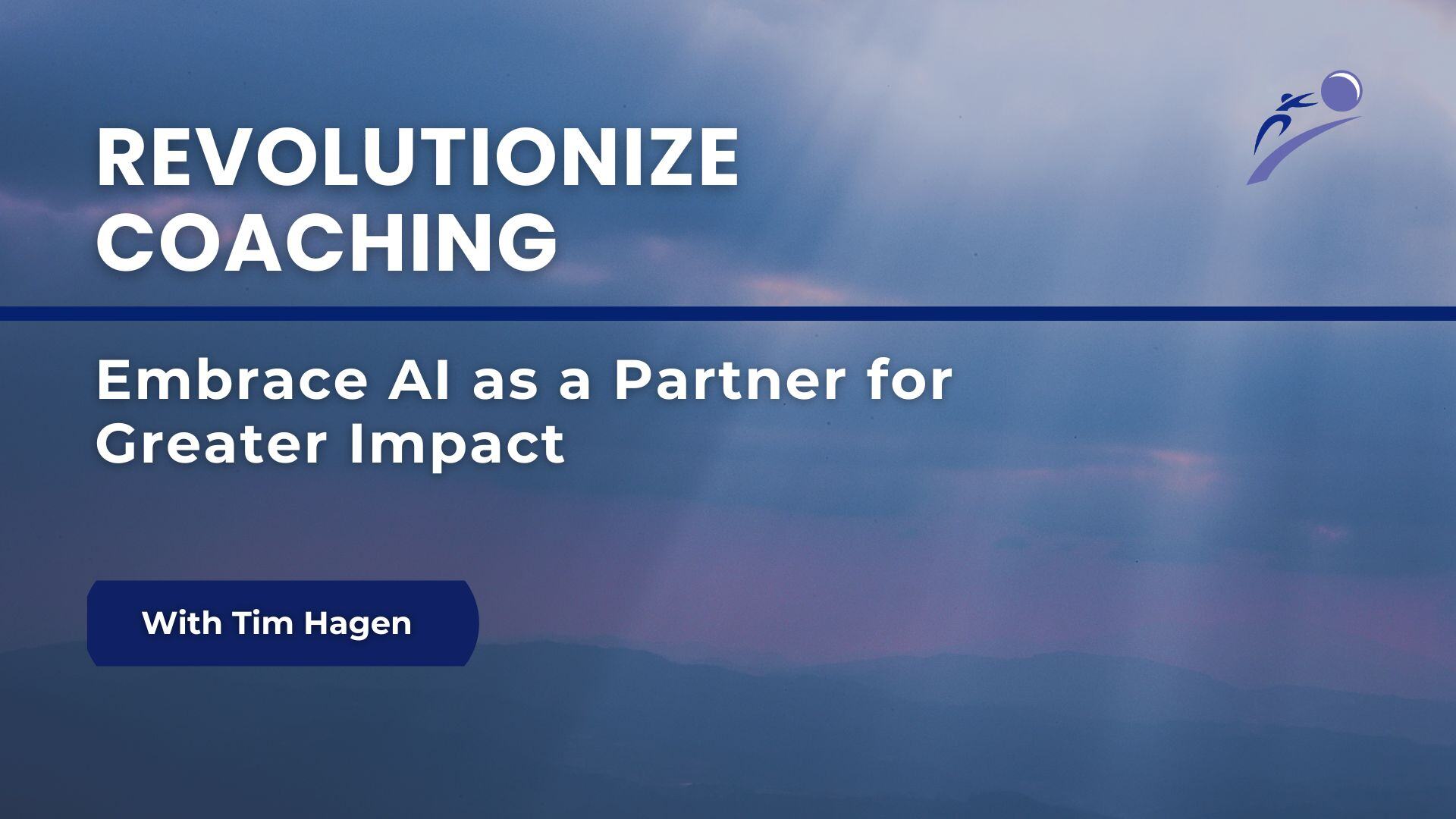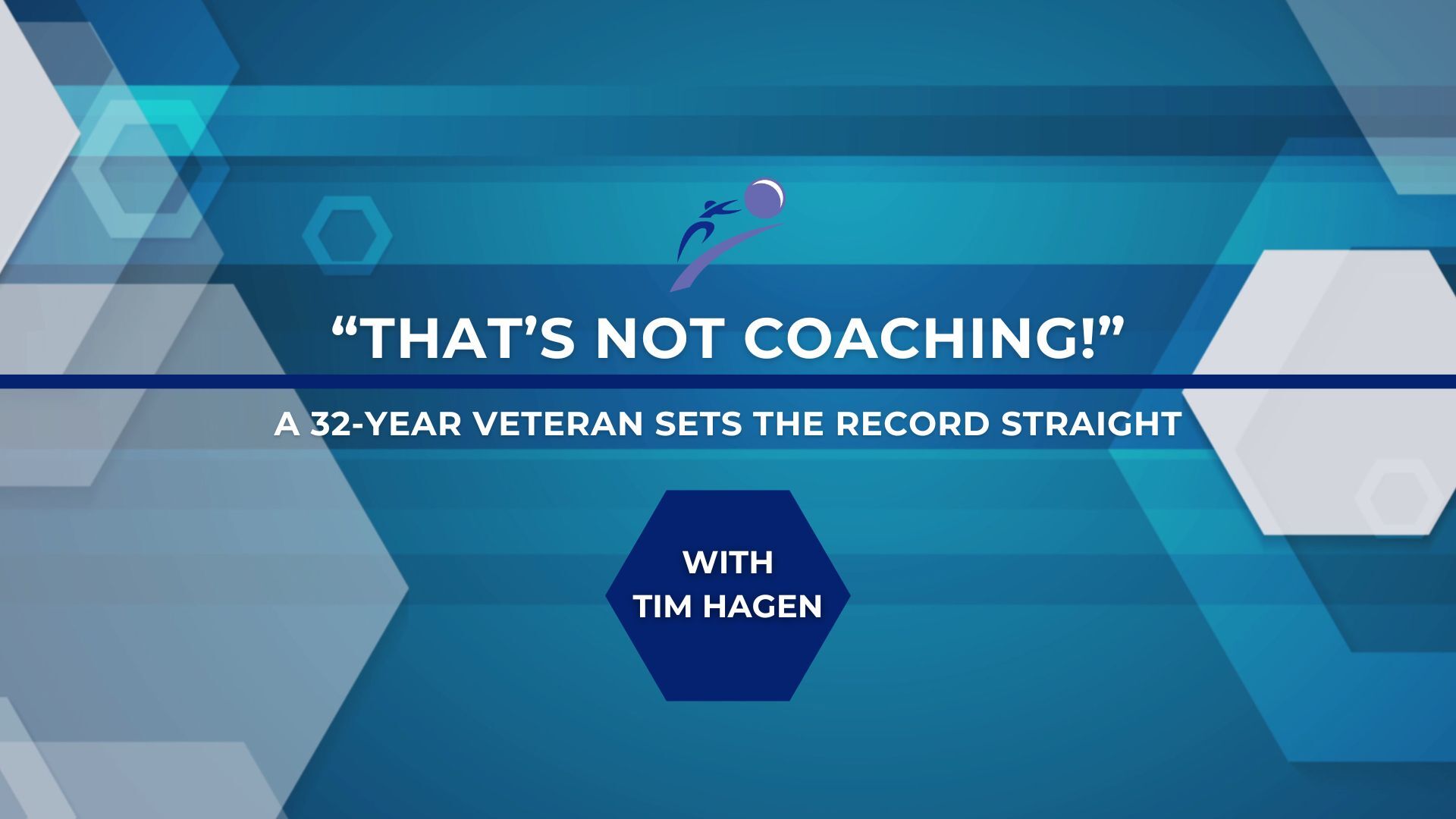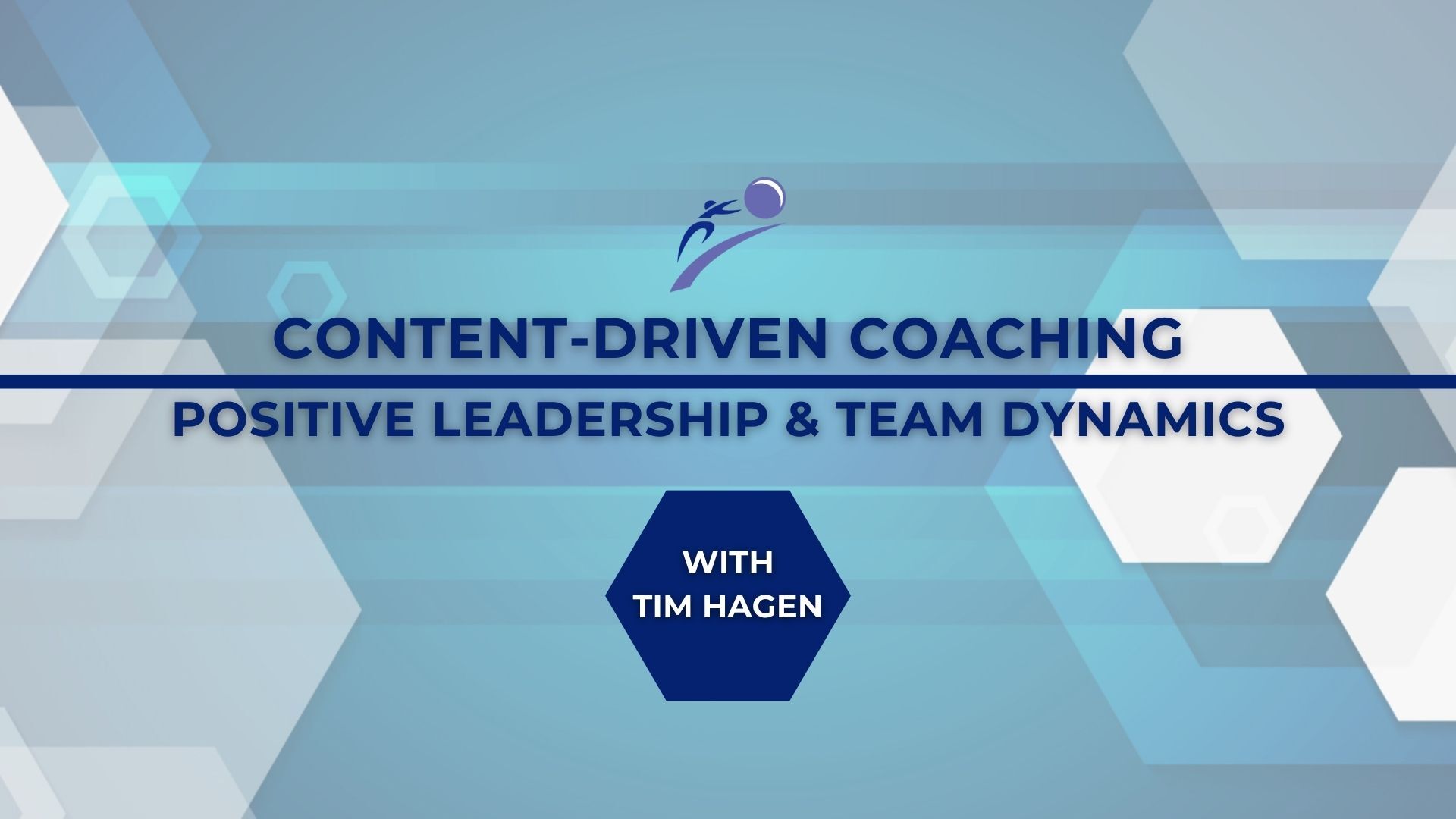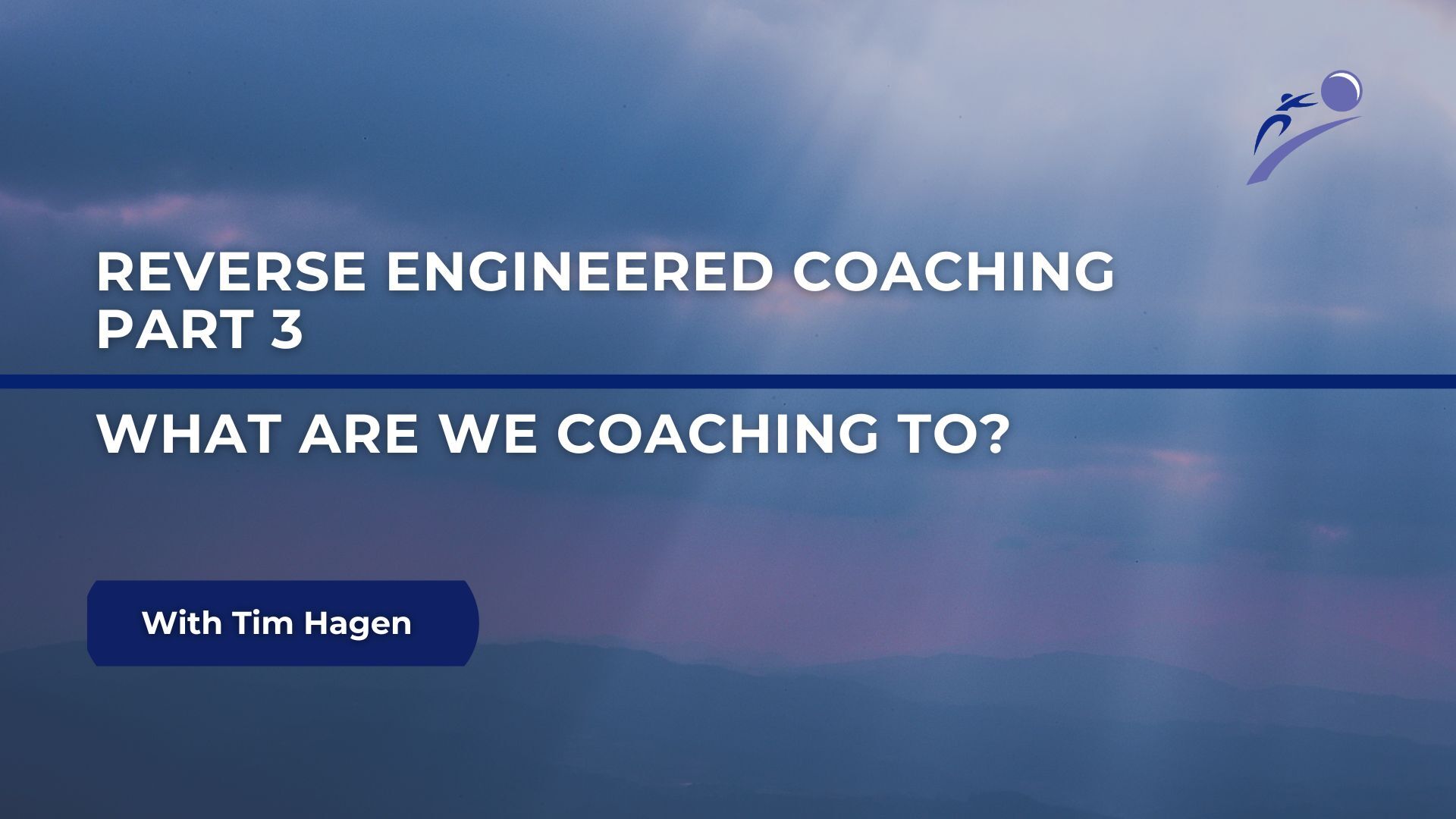Revolutionize Coaching: Embrace AI as a Partner for Greater Impact
Welcome to our second discussion on AI Coaching Partners. I think about artificial intelligence, and we've historically always used a lot of different tools. Now, we're building out a lot of tools. Artificial intelligence really picks up the pace of things. It helps us get more work done in less time. How can we transition that to coaching conversations?
I want to introduce you to the concept of AI coaching partners. It's also the name of one of our product lines, but for the purposes of this article, we're using it as a framework.
Ask yourself: Will this AI tool help me? Is the AI easy? Does it provide coaching? Does it assist in the coaching process? Does it allow me to partner with the tool versus replace me?
The worst thing a leader can do is choose a tool that replaces them. Because you know what will happen is something very similar to this:
At the end of the year, an employee is going to have an end-of-year review. Imagine their leader saying to them in that review, "I looked at the AI tool. You only scored average across the board." Yet that leader spent no time with the employee throughout the year. Can you imagine the emotional response they're going to have?
This is where AI combined with coaching partners can really serve. Even though it's our product line name, it can serve as criteria for you to implement and utilize coaching, especially artificial intelligence tools that facilitate coaching to partner with you, not replace you.
Let me give you another example. We are in the midst of completing what we call Coaching Pal. Coaching Pal will take your live conversations via transcript or audio that you've uploaded, and the Pal will actually score how good of a coach you are. We're using some of our own content combined with factual-based scoring. We can pinpoint and share with you where precisely in the transcript or audio file you're exhibiting strengths as a coach and where you need to improve.
How many times have we gone to a meeting one-on-one with somebody and later had somebody say well, I was reviewing your meeting and here's what you need to do? No, because the meeting by itself exists, it's private, et cetera. Now in coaching, we don't want someone to be in the room with us, because when you're coaching an employee, that employee is going to be looking between you and the observer, even though we might say we're just there to observe. That can create a dynamic of discomfort. What we've done is we're now using a variety of tools that can record practice sessions as well as live coaching conversations, and then you upload that and send it to us. We have simple-to-follow instructions on how to do that, and then it gives you a report. It will score you factually and subjectively on what somebody's doing really well as a coach and where they have opportunities to improve.
We ran several test cases. We just had somebody go through it, and they felt like they were really good at questions prior to using the tool, insisting they use more open-ended questions than closed questions. After the tool analysis, it showed the person averaged seven close-ended questions for every open-ended question.
Here's where it gets even more intriguing.
The tool has the ability to denote the interruptions in the conversation. For example, when I say to you, "You're doing a great job, but..." but is considered an interruption. A more inclusive word would be, "You're doing a really great job, and... I think about time management becoming one of your strengths." And becomes a more inclusive statement or word versus an interruptive statement like but, yet, or however.
Remember our test case individual who averaged seven close-ended questions for every open-ended? He was averaging five interruptions to every inclusive alternative. That means he was using 5x more interruptive language than inclusive.
You're never going to have a participant in a coaching conversation say, "Back up. You're using too many close-ended questions and too many interrupts in your language." Nobody's going to do that, yet those can impact our people, even on a subconscious level.
AI tools should be used to help and partner with you, not replace you. This is one of several ways we've helped improve leaders' abilities to improve their coaching conversations with their teams.
Remember the term, remember the product line--AI Coaching Partners.
Reach out to us if you want to chat with us.
Interested in seeing AI Coaching Partners for yourself? Watch the video below for more information and take this free assessment here: https://form.jotform.com/243373172581053




